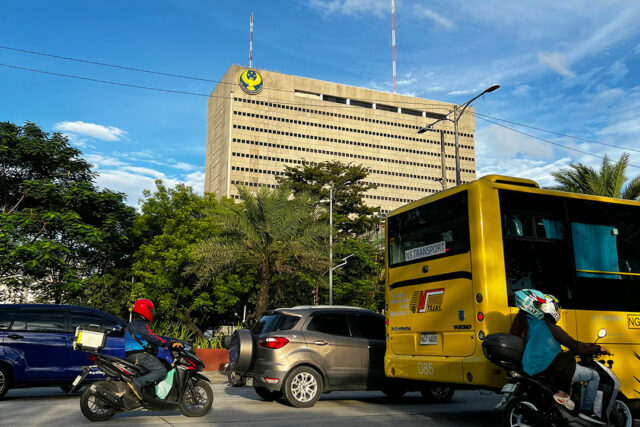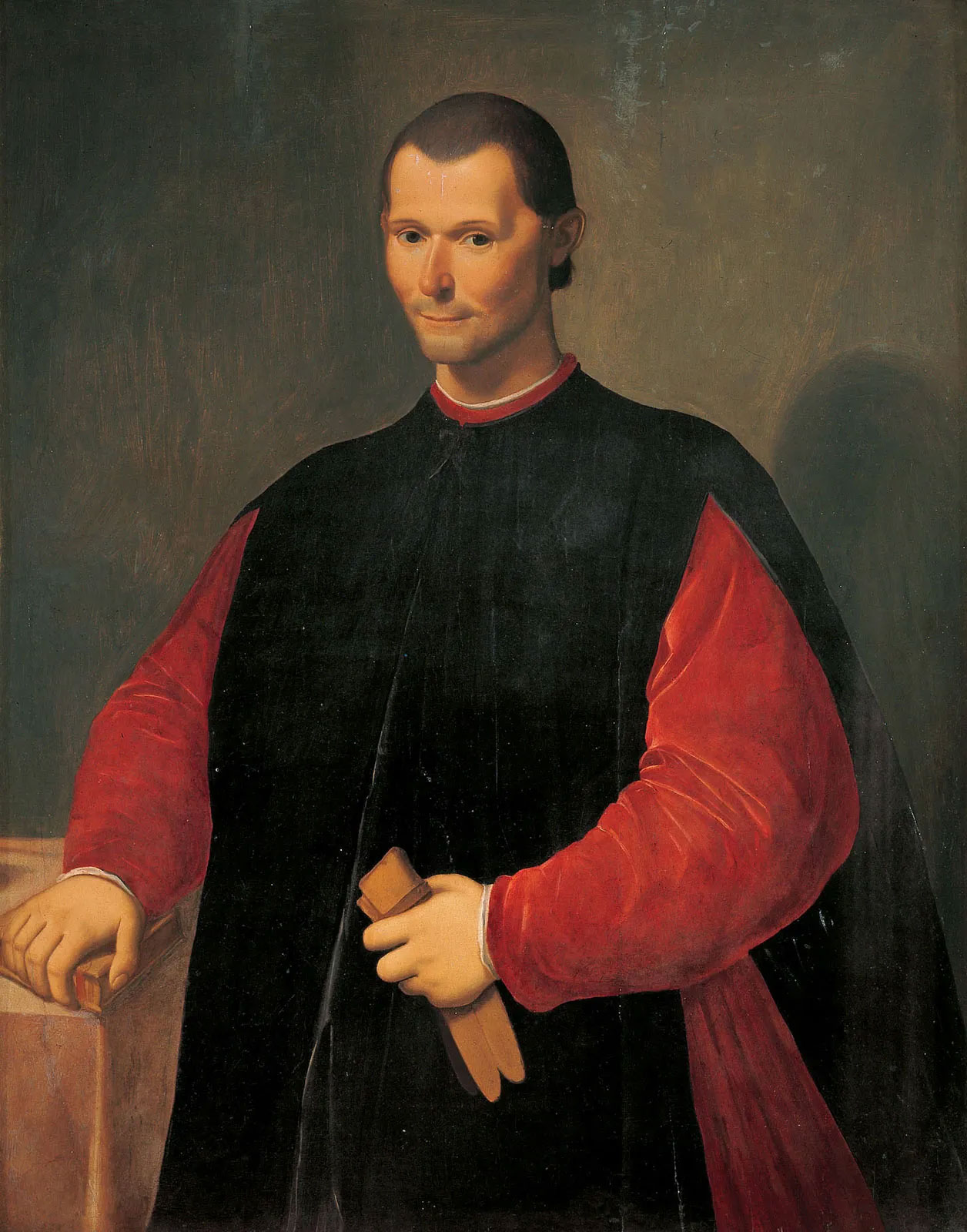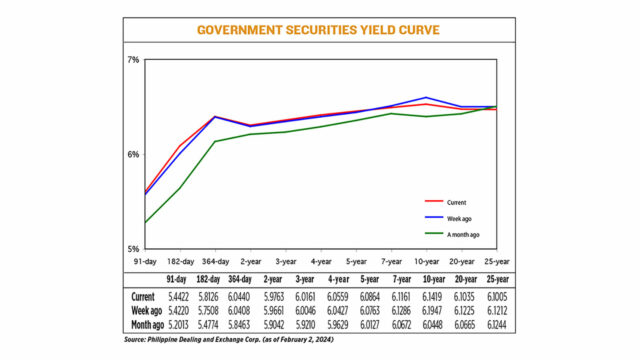Protecting COP10 from tobacco industry interference
The 10th meeting of the Conference of the Parties to the World Health Organization (WHO) Framework Convention on Tobacco Control (FCTC), or COP10, will take place from Feb. 5 to 10 in Panama City this year.
COP, which holds regular sessions every two years, provides a platform for 182 member countries, including the Philippines, to discuss the implementation of the WHO FCTC, the world’s first modern-day global public health treaty and the first treaty negotiated by the WHO.
However, the tobacco industry seems to be using the forthcoming COP as a battleground for its offensive. Pro-vape groups have not been hiding their desire to participate in the COP, ostensibly in the name of “harm reduction.”
According to a Guardian article from Oct. 12, 2023, a leaked e-mail from Philip Morris International (PMI) senior vice-president for external affairs Grégoire Verdeaux revealed the tobacco industry’s campaign to intervene at COP10 to prevent countries from strictly regulating heated tobacco products (HTPs) and electronic cigarettes.
The leaked e-mail instructed staff to find “any connection, any lead, whether political or technical” to the COP, urging its agents in “every country, regardless of its size” to carry out their campaign. Verdeaux, who did not deny the veracity of his message when asked for a statement, called the COP10 agenda “nothing short of a systematic, methodical, prohibitionist attack on smoke-free products.” He also called the exclusion of tobacco companies from the public health event “absurd,” claiming that PMI was “undoubtedly the most helpful private partner WHO could have in the fight against smoking.”
Meanwhile, in the Philippines, it has come to light that one of the members of the country’s delegation to COP10 is SAGIP Party-list Representative Rodante Marcoleta, one of the primary sponsors of Republic Act 11900, the deregulatory Vape Law which made e-cigarettes and HTPs more accessible to the youth by lowering the age of access from 21 to 18 years old.
Civil society is concerned that the presence of industry-linked COP10 delegates could jeopardize the tobacco control policies of the government. The Philippines, which ratified the WHO FCTC in 2005, has passed monumental policies, including the Graphic Health Warnings Law and several laws increasing tax rates on tobacco, e-cigarettes, and HTPs, cementing our place as a global leader in tobacco control. Given the gravity of the COP10’s forthcoming discussions on regulation of e-cigarettes and HTPs, delegates representing the Philippines should be committed, not only to public health, but to protecting the Philippines from the damage to our international reputation that could arise from further loosening regulation of these products or even becoming a purveyor of these harmful products.
Globally, tobacco industry interference has been worsening. According to the Global Tobacco Industry Interference Index 2023 by the Global Center for Good Governance in Tobacco, the tobacco industry has recovered rapidly post-pandemic and has stepped up its interference by signing more agreements with government offices and engaging in diplomatic missions.
In the Philippine context, since the 2022 elections, there has been a series of events and interactions involving the tobacco industry which call to mind the question: how does the tobacco industry engage national government? Further: is their goal to roll back tobacco taxes?
Just a few months into the Marcos administration, on Nov. 24, 2022, President Ferdinand Marcos, Jr. and the First Lady hosted a luncheon with officials from Philip Morris International in Malacañang, posting their photo on the First Lady’s Facebook page. It is worth noting that the president hails from Ilocos Norte, a tobacco-producing province.
On Aug. 2, 2023, the Department of Trade and Industry (DTI) released a statement encouraging manufacturers to make the Philippines a manufacturing hub for e-cigarettes and HTPs and welcoming PMI’s investment to build a modern HTP factory in Batangas worth P9 billion. The Department of Health (DoH) cautioned against this, noting that the “economic burden resulting from premature sickness and deaths [due to the use of e-cigarettes and HTPs] outweigh the potential economic gains from investing in these industries.”
The industry narrative in recent years has been focused on the argument that illicit tobacco trade will worsen if tobacco taxes are increased. Japan Tobacco International (JTI) has partnered with Economist Impact to legitimize its participation in policy discourse on tobacco taxes, as seen in its Global Anti-Illicit Trade Summit in Shangri-La The Fort in May 2023, which likewise took place in different cities across the world.
JTI has noted: “With higher taxes, however, the government risks losing revenue as legal products become unaffordable, leading to unintended consequences such as a corresponding surge in illegal trade.”
These industry arguments are echoed even in the academe. The University of Asia & the Pacific, with the Federation of Philippine Industries (FPI), published a study entitled “Illicit Cigarette Trade in the Philippines: Economic and Social Impacts of Weak Regulatory Enforcement” in October 2023. The study found that “There is a direct correlation between the imposition of new taxes and the rise of illicit trade,” adding that the government must leave no stone unturned “to provide legitimate industry players with a level playing field and to preserve consumer rights.” However, it must be noted that the tobacco industry, notably JTI, has published FPI’s position on tobacco smuggling on its website, suggesting a possible conflict of interest.
Further, independent studies, both global and local, have long proven that there is no evidence on causality that shows illicit trade being driven by higher tobacco taxes. A 2020 gap analysis study by Lavares, Francisco, Ross, and Doytch, published by the Ateneo School of Government, concluded that: “In spite of the large tax increases by the Philippine government through the Sin Tax Law starting from 2013 until 2018, the illicit share in 2018 remains similar to its 1998 level of 16% of the total market. Hence, our study finds no evidence of a positive relationship between tobacco taxes and the size of the illicit cigarette market in the Philippines.”
The industry has been building up its arguments against tobacco taxes, which again begs the question: Are there possible intentions to roll back these taxes?
The industry’s public message is that their goal is to eliminate illicit tobacco trade to recoup government revenues.
Illicit tobacco trade is indeed a serious threat, both to public health and public finances. However, if the industry’s goal is to prevent government revenue leakages, rolling back tobacco taxes will be a most inefficient and counterintuitive strategy. Sin taxes have proven to be a significant source of revenue for Universal Health Care, promoting public health, and addressing the negative impacts of tobacco use. Tobacco taxes have been associated with a sharp decrease in the number of Filipino adult smokers.
If the tobacco industry is genuine in its campaign against illicit tobacco trade, it should support effective governance measures, rather than opposing revenue-raising policies like tobacco taxes. The Anti Agricultural Smuggling Bill, or Senate Bill 2432, which has been approved in both Houses of Congress and is awaiting a bicameral committee meeting, has garnered public support from the tobacco industry through statements and appearances in hearings. However, upon scrutiny and consideration of its potential impact, the bill, which simply raises penalties on tobacco smugglers, will be insufficient to increase the likelihood of apprehension. A more holistic approach, which includes the integration of a track and trace system for tobacco and stronger coordination with local governments, is needed to reduce illicit tobacco trade in the country.
It is crucial for policymakers, public health advocates, and the Filipino public to remain vigilant against tobacco industry tactics. Through an intricate and sophisticated media campaign promoting “smokeless” products, the tobacco industry is masquerading as an ally for public health. However, the evidence tells us that e-cigarettes and HTPs bring with them the potential of a new epidemic — one that targets the innocent, non-smoking youth.
It is high time we paid closer attention to keeping our youth away from these deceptive products and countering the industry’s narrative of harm reduction. We urge our Filipino leaders at the WHO FCTC COP10 to represent us well and champion public health and evidence-based policymaking by countering the false narratives of the industry.
All views above are their own.
Emmanuella Iellamo is an advocate for tobacco control and sin taxes and Pia Rodrigo is strategic communications officer at Action for Economic Reforms.




















